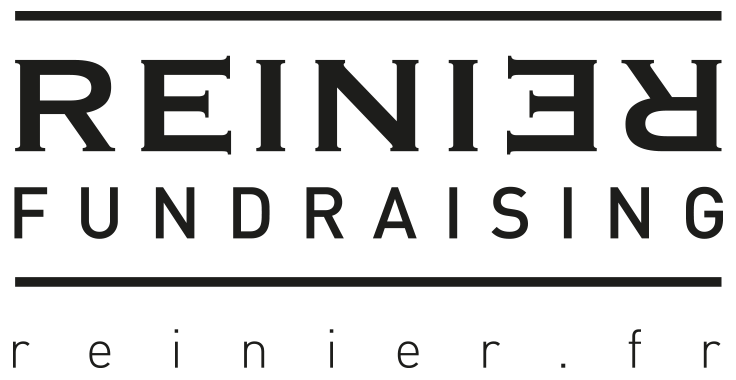A donor relationship is not a trick
Amanda Palmer at the opening plenary of the IFC 2016
Rockstar Amanda Palmer said it in the opening plenary of the #IFC2016: 'A relationship is not a trick'. And it came back to me throughout the conference. The best donor relations are based on authenticity and reciprocity. If that's our goal and we take a closer look at our fundraising results in recent years, we have to start asking the right questions. To be more precise: we need to question everything we do.
It's our job as fundraisers to build long lasting relationships with our donors. And I think that if you were a sensible fundraiser you'd actually like to treat your 'small' donors the same as your major donors. You'd talk to them, personalize everything you send them, take time to listen and acknowledge their existence and contribution. You'd go the distance for them. But then practical barriers often surface. Because we can't talk to everyone personally. And we could never grant everyone's wishes or preferences. Or could we? Should we?
This is exactly the tension in the spectrum of mass marketing versus 1-on-1 relationship management. How much effort, energy, time and money can we put in, compared to what comes out? If you’re small you have an eye for every donor. Because you’re still human, and say thanks when you receive a gift. But somewhere along the way where you’ve expanded your organization you’ve made weird choices. You are not thanking every donor anymore, because it costs too much. Ouch. You’ve lost it somewhere. That authenticity where you were more concerned with the donor’s wellbeing. But I can understand that if you have thousands of donors you can’t keep up what you did when you just started. Or could we? Should we?
Yes, we could and we should. We can listen to everyone. We can even have a dialogue, but we need to be smarter. We can let new techniques work for us. We can invest more in personal contact, because it shows that it pays off. We can be considerate to preferences and wishes, because we know the long-term impact is valuable. We can invest much more in the experiences we give to our donors. It’s all about how we make them feel. We can thank donors much more, more often and more genuine. The long-term effect will be amazing, and we can see that if we look at the data. I’m convinced. Are you? Why not?
As Professor Jen Shang explained it this week at the IFC: we need to meet fundamental human needs:
“Donors need to feel that they are good at offering their love to others. Donors need to feel they have a degree of autonomy in how they offer that love. Donors need to feel a genuine connectedness with the object of their love.”
My main take-away from the IFC? Ask the right questions. Question everything you do. Even the obvious. But if rockstars and professors agree, just take their advice and go.
Hope to see you at #IFC2017!
[This post first appeared on 101fundraising.]

